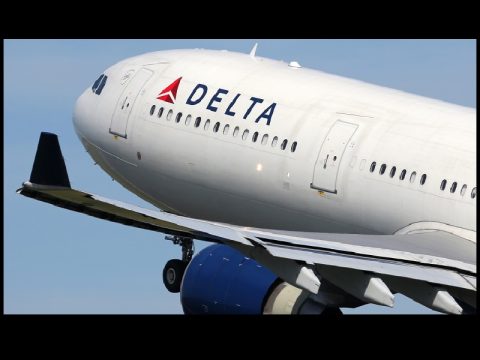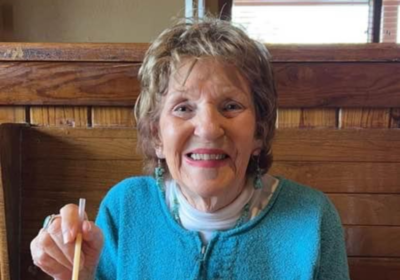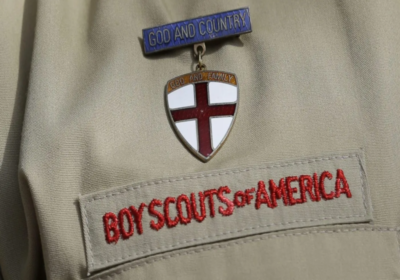WHY IRATE PASSENGERS ARE BAD FOR AIRLINE STOCK
Airline executives took a pummeling from a Capitol Hill panel on Tuesday, as lawmakers lambasted them for too often making flying an ordeal. “We’re sick of it,” one congressman thundered. Passenger anger is among the reasons that once-climbing airline stocks have flattened out or dropped lately.
For years, when they were losing money, airline shares had a sign around their neck: “Investor beware.” But nowadays, the sector is making money, so its shares began gaining altitude — until early 2017, when their ascent halted. Videos of a bloody-faced passenger being hauled off a United Airlines flight on April 9 crystallized long-festering customer dissatisfaction and have helped sour investors on the industry.
Passenger unhappiness, along with so-so earnings due to expensive labor pacts and fuel cost increases, plus overcapacity, are to blame for creating the air pocket, causing some investors to rethink their euphoria over the industry. Despite improvements in profitability, many mutual fund managers still “don’t think it’s a good business,” said Craig Hodges, CEO of Hodges Capital Management, which sponsors funds.
Look at the exchange-traded fund that tracks the air carriers, US Global Jets. After a healthy run-up of almost 20 percent in 2016, it began to flatten out and peaked in late February. Since then it has slipped 0.6 percent.
From their winter highs, the two largest domestic carriers, No. 1 American Airlines and No. 2 Delta Air Lines are down by double digits, 13 percent and 7 percent, respectively. The next two major airlines, United Continental Holdings and Southwest Airlines are off 3 percent and 2 percent, respectively. “Positivity is declining,” said analyst James Corridore at research firm CFRA.
Of course, these travails were nothing like what the industry encountered in the past. Before airlines were deregulated in 1978, prices were set at a high level, and air travel was civilized. Then came a chaotic explosion of low-cost carriers like People Express and fares plummeted. So did the fortunes of many of the upstarts and also the legacy airlines like Eastern Airlines.
But then there was a consolidation: Numerous competitors vanished from the skies and landed in bankruptcy court. The seven majors left in 2000 shrank to four by 2015, owing to a spate of mergers. What also shrank were passenger services like free food and checked bags. Nevertheless, the sector began running regular profits.
So enticing were the prospects for air travel that Warren Buffett, who previously had disdained airlines, began buying their stocks two years ago. The legendary investor’s holding company, Berkshire Hathaway, now holds positions in all four of the industry leaders. “Buffett was the proof” to investors that airlines were fitting investments, money manager Hodges said.
Despite their bull run, airline stocks have never been able to shake the underlying doubts among a part of Wall Street that Hodges pointed to. Their price-earnings ratios, which gauge stocks’ affordability, are below-market. Among the majors, p-e’s run from Delta’s 9.3 to Southwest’s 17.5. The broad-market S&P 500’s p-e is 24.2.





